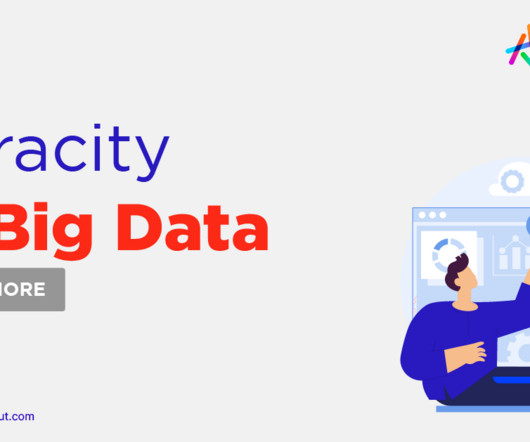Veracity in Big Data: Why Accuracy Matters
Knowledge Hut
JULY 26, 2023
Understanding the context in which data is collected and interpreted is also crucial. Organizations must prioritize data veracity to ensure accurate decision-making, develop effective strategies, and gain a competitive advantage.












Let's personalize your content